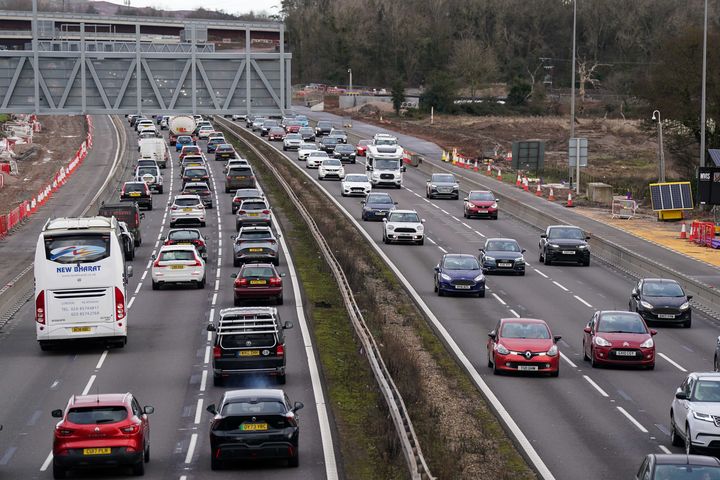
The festive season is no doubt one of the busiest times of the year, with plenty of family visits, meals out and parties planned over the course of December and into the new year. Because of this, you're more likely to feel exhausted throughout the day, especially after a late night or two. Your sleep schedule takes quite the hit at this time of year, and having a nap can seem like the key to get re-energised.
According to sleep expert Adeel Ul-Haq from Comfy Beds , a well-timed nap can help you recharge, but if you sleep too much it can have the opposite effect. READ MORE: 'I'm a pharmacist and using an indoor heater could be bad for you' He said: "Napping all the time is a sign that something is wrong, but the odd nap here or there can be beneficial if the nap is well timed. Firstly the ideal time to nap is between 1pm and 3pm which aligns with your body's natural dip in energy levels for most people.

" And although you might think napping for longer is better, think again - it could actually end up making you feel more tired, which is never ideal when you've got a busy schedule. Adeel said: "The sweet spot for a nap is around 10 minutes, this will give you a quick energy boost without you feeling groggy. A 10-20 minute nap is also good for improving your focus and short-term memory and stops you from entering deep sleep.
" Entering deep sleep during a nap can be problematic because you don't end up completing the entire cycle and when you wake up you suffer something called sleep inertia, which leaves you feeling more tired than you were before the nap. How to nap effectively Napping can be a game-changer when done correctly, but it can be difficult to get them right. Adeel said: "To make the most of your naps, keep them short by setting an alarm to avoid drifting into deep sleep unless you plan a full sleep cycle of 90 minutes.
You also need to create a relaxing environment by finding a quiet, dark, and comfortable space, and consider using a sleep mask or white noise if it helps. "You should also pay attention to your body and if longer naps leave you feeling groggy, stick to shorter ones. Finally, avoid napping too late in the day, as it can disrupt your night time sleep, especially if you’re prone to insomnia.
" If you want ideas and inspiration to plan your next UK adventure plus selected offers and competitions, sign up for our 2Chill weekly newsletter here.











